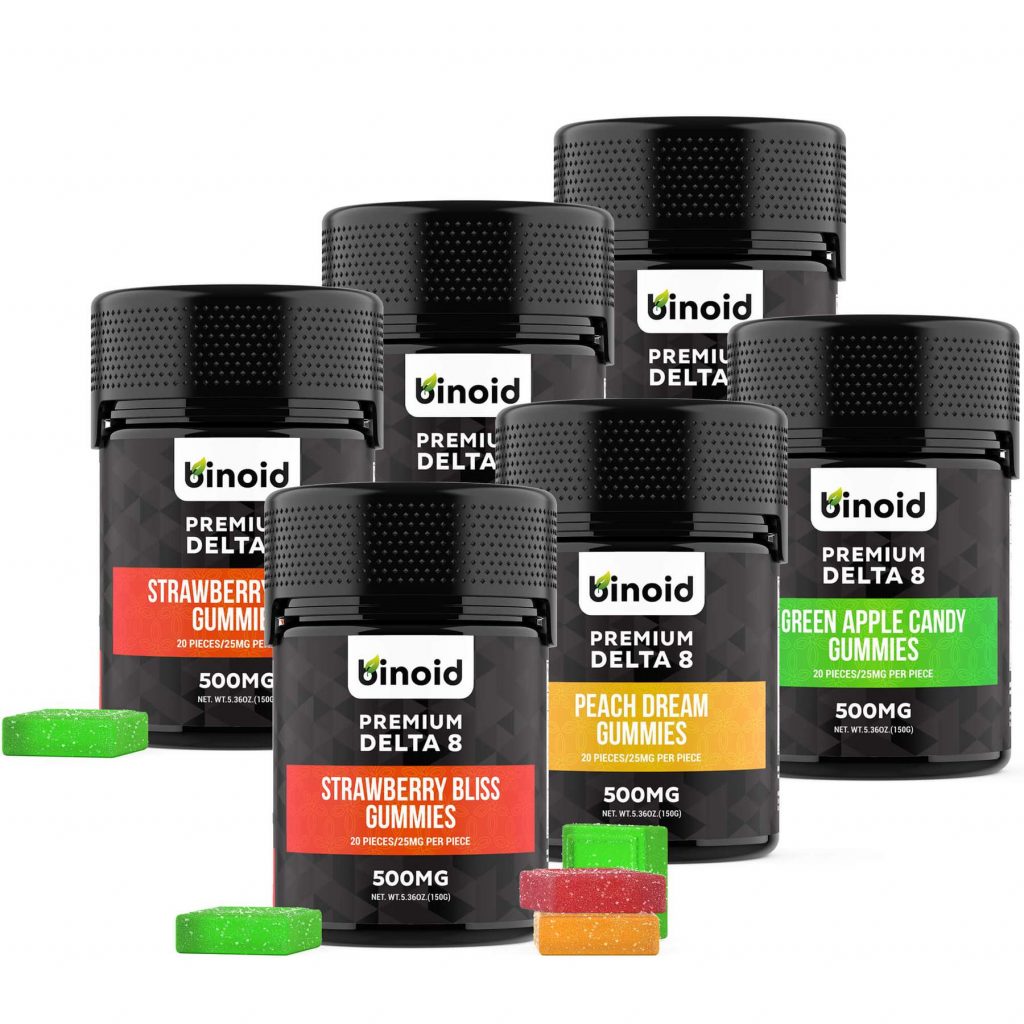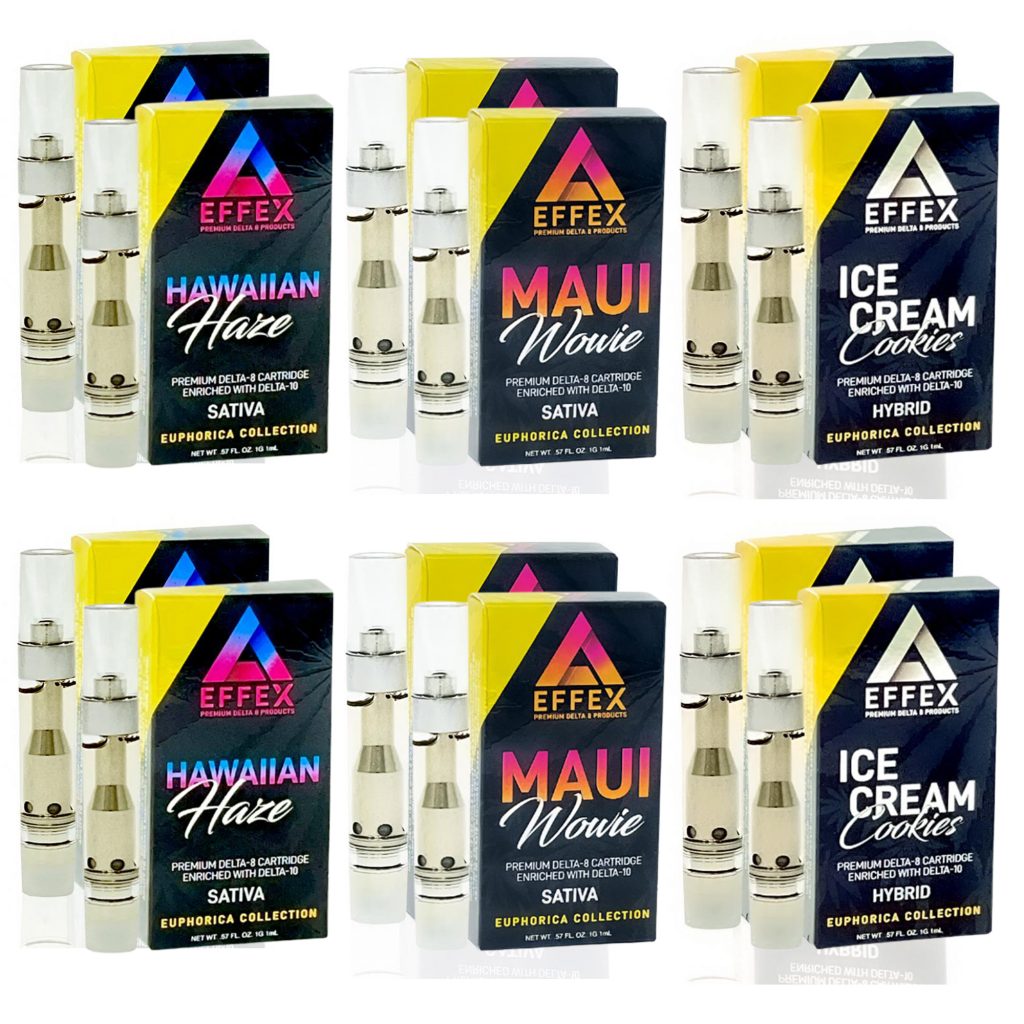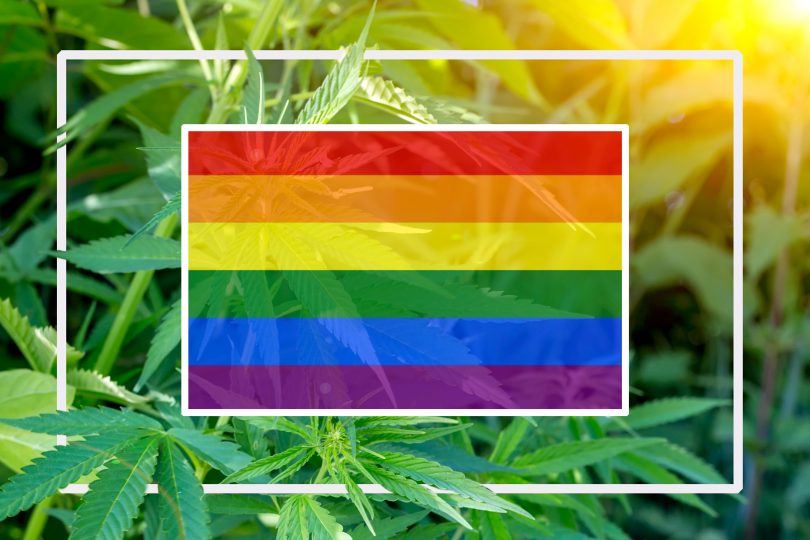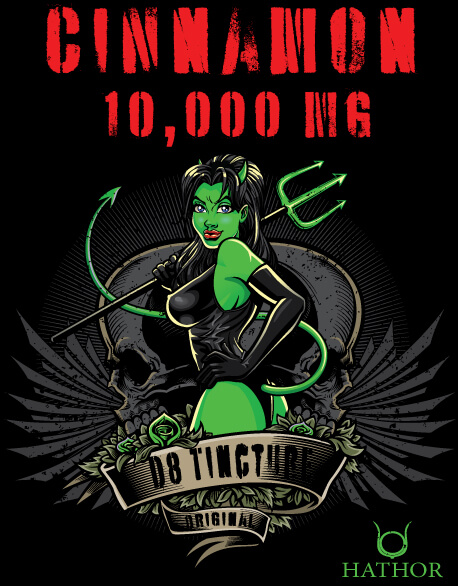Despite the many historical and political similarities, there is very little discussion regarding the ties between the LGBTQ movement and the fight to legalize cannabis in the US. Many of the most prominent, gay-rights activists also played pivotal roles in raising awareness about cannabis-related issues.
“The genesis of the cannabis movement, gay people served at the heart of it,” said Michael Koehn, 75, of San Francisco, an activist who has been heavily active in both LGBTQ and cannabis issues since he was diagnosed with HIV in 1985. However, while both battles have drawn many parallels over the years, it seems the burgeoning cannabis market is becoming increasingly mainstream and turning its back on the LGBTQ community.
It’s Pride Month and in our opinion, the best way to celebrate is by raising awareness about past and current issues, as well as shed light on the many contributions of the LGBTQ community to the cannabis industry. To learn more about activism and other cannabis-related issues, and for exclusive deals on flowers and other products, make sure to subscribe to the CBD Flowers Weekly Newsletter
Golden State Beginnings
The connection between the LGBTQ movement and cannabis legalization goes back decades, and, like many other major industry developments, has roots in California. California was the first state to legalize medical marijuana 25 years ago, but according to David Goldman (Koehn’s husband), “If it hadn’t been for activity among gay folks, we wouldn’t have had medical cannabis on the ballot in 1996.”
Key activists in the gay community were campaigning for cannabis rights since the late 1970s, when positive HIV cases began to rise but treatment and research efforts were at a standstill. When AIDS starting spreading like wildfire through the gay community, suffering patients demanded medical cannabis to treat the anorexia, wasting syndrome, and other symptoms associated with both the disease and the few prescription medications that existed at the time.
In response, the federal government’s Public Health Service quickly closed the one legal source of supply in the country, which was coming from University of Mississippi School of Pharmacy, the only program to be awarded a government grant to grow and study medical cannabis. This disgusting display of ignorance and lack of compassion sparked a grassroots movement that united two “countercultures” and would eventually become a widespread political movement around the world.
HOT: DELTA 8 THC GUMMIES!

LGBTQ activists had a huge hand in helping pass a number of major pieces of cannabis legislation in the state, starting in 1978 when San Francisco Supervisor Harvey Milk, the first openly gay man elected to public office in the entire nation, became a major political supporter of Proposition W. It was the first proposition that essentially decriminalized the possession, cultivation, and distribution of marijuana within city limits, and the first bill of its kind to pass in the US, although it was eventually overturned.
Even Proposition 215, the first bill ever to fully legalize medical marijuana use, was co-written by Dennis Peron, a gay man, Vietnam Air Force veteran, and well-known pot dealer who lost his significant other to AIDS. After getting arrested in his home for providing marijuana to his dying lover, Peron put all his efforts into helping pass Proposition P in 1991, which allowed San Francisco-area doctors to ‘recommend’ medical marijuana to patients as they saw fit.
Then in 1994 – Peron along activist Mary Jane Rathbun (Brownie Mary), and other industry advocates – opened the San Francisco Cannabis Buyers Club, which was essentially the first medical cannabis dispensary in the state. A couple years later, Peron was co-writing Proposition 215, which passed with a 55.6% vote and officially legalized medical cannabis use in the Golden State.
A Nationwide Movement
“Cannabis and queers have always shared in the fight for respect and legal recognition, which inherently links the two communities,” explains Sophie St. Thomas, a queer sex and cannabis writer, and author of Finding Your Higher Self: Your Guide to Cannabis for Self Care.
The fight for both LGBTQ rights and cannabis legalization continues to this day, now spanning across multiple industries, political parties, and countries. The movement is no longer alternative or unconventional, and advocates can be found in many different fields and walks of life. They include A-list celebrities, major politicians, healthcare workers, media personalities, big-time investors and entrepreneurs, and more.
A perfect example is Colorado Governor Jared Polis, the country’s first openly gay Governor and a fervent defender of cannabis reform. He also supports the use of therapeutic psychedelics and is expected to soon sign a bill that would decriminalize psilocybin in the state of Colorado.
“I personally know hundreds of LGBTQ industry members, from CEOs to budtenders, who believe in the plant as much as they believe in who they are,” stated Kyle Porter, president of CMW Media and a member of the community himself. “Without exact statistics, I can confidently say that LGBTQ people have been an integral part of this cause, whether publicly or not, and continue to be leaders and advocates striving for destigmatization and legalization.”
Two other notable names include writer and media personality Dan Savage, a marijuana-themed movie festival called SPLIFF, that bills itself as “a film festival made by the stoned for the stoned.” Fans of RuPaul’s Drag Race will know the name Laganja Estranja, who is known for her intense choreography and, of course, her unwavering love for cannabis. Aside from her performances, Laganja’s social media is largely focused on cannabis awareness, education, and activism.
“It’s still an LGBT issue because it’s still not accessible to everybody everywhere,” Paul Scott, a longtime marijuana and HIV activist and current president of the Los Angeles Black Gay Pride Association. “HIV/AIDS is still high in black populations in the South. And they can’t get pot. They still have to break laws. So absolutely it is.”
Misconceptions, Underrepresentation, and Exclusion
While cannabis and LGBTQ issues are both very politicized and interconnected in many ways, it seems the cannabis community is turning its back on LGBTQ business owners and consumers. According to a compelling article by Leafly’s Rob Csernyik, “as cannabis companies find their footings in a now-legitimate industry, in a sector still dominated by stereotypes and stoner tropes, the industry often overlooks LGBTQ representation.”
This sentiment is echoed by numerous other cannabis industry writers, including Tessa Love who made a similar point in a 2017 article for Slate. “Homophobia [in the cannabis industry] is even more of a slap in the face to the gay community,” Tessa comments. “Given the fact that the legalization movement rode on the coattails of the gay rights movement.”
Kyle Porter also made some interesting comments on this topic, stating that LGBTQ still face a lot of “resistance” in today’s cannabis industry. “The cannabis industry is currently white male-driven with many big corporate players entering the space daily. As with any major corporate environment, it can be difficult for gay leaders to be themselves while still earning the respect of potential clients and investors, who are predominantly straight. While this should not deter LGBTQ individuals from entering the space, it presents an extra obstacle to overcome in establishing one’s self or business in the industry.”
NEW: DELTA 10 THC

Amber Senter, co-founder and executive director of Supernova Women, a group of women of color in the cannabis industry, and who is queer herself, says she hopes that legalization will increase LGBTQ cannabusiness ownership, but worries that may not be a realistic outlook. “When cannabis started out, it was for people who weren’t seen as normal in society,” Senter, who’s queer, says. “So in the beginning, you had a lot of obviously LGBT people. Now with everything moving toward being corporate, they’re pushing everyone who was in it before out. There will be more opportunities overall, so there will be more opportunities for LGBT people. But at the same time, the culture is not the same.”
Others are more optimistic, and believe that the cannabis industry is progressive and welcoming to all, especially compared to other industries. Josh Crossney, CEO of the Cannabis Science Conference, said in a Forbes interview that, “The cannabis industry is the most accepting and inclusive professional community that I have ever been a part of.” At the same time, he made sure to emphasize that inclusion and representation are NOT the same thing.
“I do feel that the LGBTQ community is underrepresented,” he added. “There is an opportunity for further inclusion and representation in the cannabis space.” This seems like a fair and accurate way to sum it up. We’re on the right track, but we could do better.
We Need More Than Just “Rainbow Shit”
According to the 2015 data from the National Survey on Drug Use and Health, sexual minority adults are more than twice as likely to use cannabis products when compared to heterosexual adults. Nearly 31% of LGBTQ adults reported using cannabis regularly, compared to roughly 13% of heterosexual adults. Although initially the reason for the medical marijuana push was AIDS-related, today, it has to do with mental health.
Rates of depression, anxiety, PTSD, eating disorders, suicidal thoughts, homelessness, addiction, insomnia, and other stress-related disorders are much higher among the LGBTQ community, due to marginalization, oppression, harassment, and assault.
Almost a third of sexual minority adults (30.7%) reported using marijuana in the past year, compared to 12.9 percent of heterosexual adults. These higher rates of marijuana use coexist with the higher rates of depression, anxiety, PTSD, eating disorders, suicidal thoughts, homelessness, and physical pain that LGBTQ people experience due to marginalization and oppression.
However, despite these statistics, LGBTQ consumers are feeling equally ignored by cannabis companies. A survey conducted by Grindr’s and Brand Innovators, a market-research firm, asked 4,100 participants how they viewed companies that advertise to the LGBTQ community. In total, only 15.6% reported feeling “very positively” towards companies that do these ad campaigns ONLY during pride month.
For cannabis companies that advertise “regularly or continually” to the LGBTQ communities, that support rose to 40 percent. As legalization numbers continue to rise, the LGBTQ niche should garner even more advertiser attention. One obvious issue here, is there will inevitably be many companies that don’t actually support gay rights and will just slap a rainbow on some of their products trying to cash in on the movement.
“It’s one thing to co-opt rainbows,” says Daniel Saynt, founder of the NSFW Creative, a media brand that specializes in cannabis and sexual-wellness content. “It’s another to put your money where it matters. If a brand is giving back to a cause, it makes for a more authentic collaboration and helps further LGBTQ support outside of Pride month.”
St. Thomas agrees, noting that brands should “work directly with the queer community all year round, give to LGBTQ+ charities, and not just sell rainbow shit.”
Final Thoughts – LGBTQ & Cannabis Reform
Although it remains infrequently discussed, the connection between LGBTQ rights and cannabis reform is undeniable. “Cannabis wouldn’t be legal without the work of queer AIDS activists, so we’re going to have to see more than rainbows.” Sophie St. Thomas says. “Besides, many queer folks are too stylish to want to walk around with a rainbow vape pen anyways, it’s hard to match with an outfit.”
Hi there. You’ve arrived at CBDtesters.co, your best location for the most relevant cannabis-related news worldwide. Come by daily to stay on top of the exciting world of legal marijuana, and sign up to get our newsletter, so you’re always up to speed.










